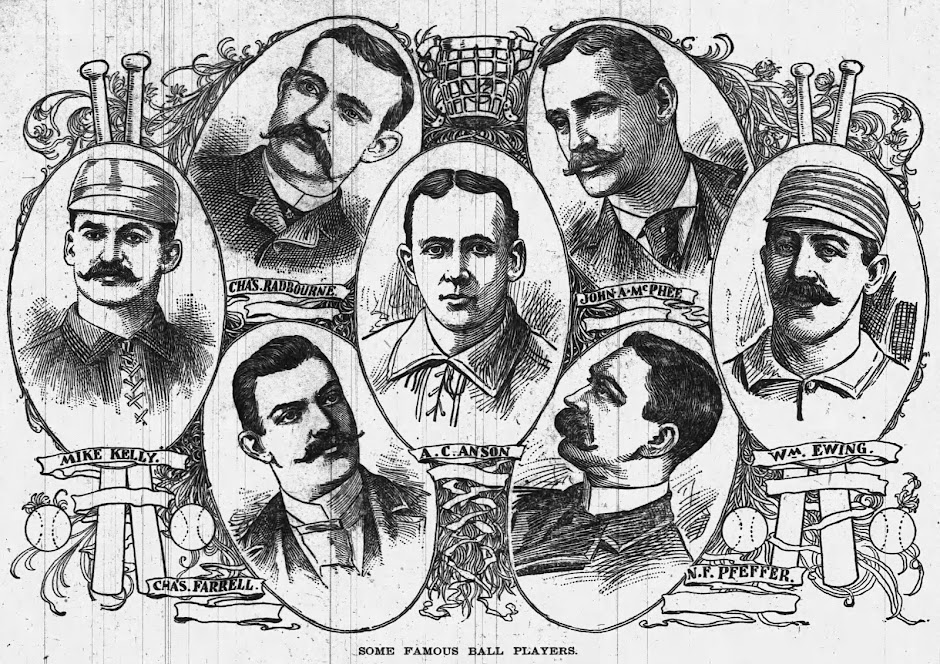Like most general readers of Victorian literature, my exposure to the works of the Bronte sisters has been limited to Wuthering Heights and Jane Eyre and I am guessing my reaction was similar to most general readers. I found the former to be extremely weird and enjoyed the latter, although in my case I didn't enjoy it as much as many other people have. I was certainly aware of the "other" sister, Anne, and her two novels, but it was a post by Elaine over at Random Jottings that motivated me to get The Tenant of Wildfell Hall out of the local library.
I don't know what I expected, but I certainly didn't think expect to be blown away by it the way I was. It was literally one of those books that I couldn't put down while waiting with great suspense to find out how it ended. I am not going to reveal the ending, but given what I knew about the Bronte sisters and their life experience, I wasn't at all confident that I could predict how it would all work out so it was only in the last few pages that the drama ended, at least for me.
The Tenant of Wildfell Hall is the story of Helen, the tenant of the title who at various stages in the book is Helen Lawrence, Helen Huntingdon and Helen Graham. As the young Helen Lawrence she marries Arthur Huntingdon, knowing full well the risks she is taking and having been advised against the idea by her aunt. Although recognizing her future husband's weaknesses, she naively believes that she will be able to reform him. Of course the marriage goes horribly wrong and given the almost non-existent legal standing of women in England in the 1820's, Helen has few, if any, options. A strong person in spite of her poor judgement about the marriage, Helen has the courage to take decisive action regardless of the consequences.
In reading the preface to the Penguin edition, I learned that the book was criticized at the time of publication because of what is called an almost universal condemnation of men. Considering that the book seems clearly to be an effort to protest against all of the injustices that married women were subject to at the time, it isn't surprising that the men in the book aren't that attractive. But at the same time, at least two of them are capable of reform and Gilbert Markam, the farmer who become intrigued with the mysterious tenant, is a character who is capable of real growth and grows in maturity and responsibility throughout the book. I think the author's purpose of speaking up for women's rights is advanced considerably by creating male characters who are real people not just stereotypes.
Pencil Drawing of Anne Bronte


No comments:
Post a Comment